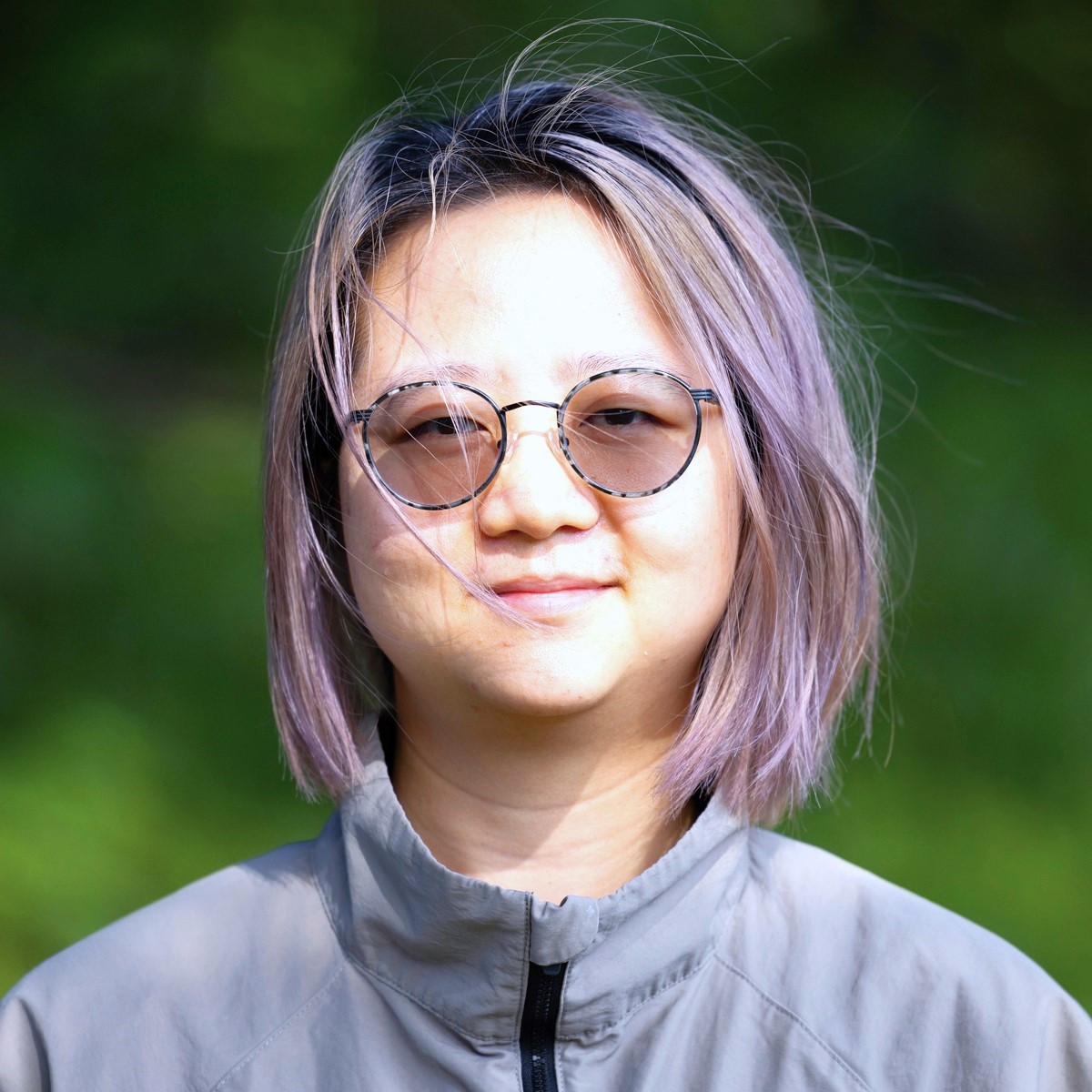Tingfeng Li is a Researcher in the Optical Networking and Sensing Department at NEC Laboratories America. She received her PhD in Computer Science from Rutgers University, her MS in Automation Engineering from Shanghai Jiao Tong University, and her BE in Automation Engineering from the University of Electronic Science and Technology of China. Her academic research has centered on representation learning, generative models, zero- and few-shot learning, and domain adaptation—areas that equip her with the tools to address complex sensing and signal interpretation challenges.
At NEC Labs, Tingfeng applies advanced machine learning and signal processing techniques to the development of next-generation distributed fiber-optic sensing (DFOS) systems. Her recent contributions include AI-driven road deformation detection using ambient noise–based distributed acoustic sensing (DAS), presented at OFC 2025, which demonstrated new possibilities for large-scale, non-intrusive infrastructure monitoring. She has also developed deep learning methods for intrusion and impulsive event detection, published in the IEEE Journal of Lightwave Technology, expanding the accuracy and reliability of DFOS in security applications. Her earlier work includes reinforcement learning–based localization methods for DFOS systems, presented at ICLR 2022, which explored adaptive approaches to improve event positioning in complex environments.
In addition to her publications, Tingfeng is a co-inventor on a patent for long-distance DFOS and WDM transmission using Raman amplification, a technology that enhances sensing range while maintaining high signal quality. By integrating expertise in AI, photonics, and large-scale sensing, Tingfeng’s work advances NEC Labs’ mission to create high-performance, scalable, and intelligent optical sensing systems with transformative potential for industries such as transportation, infrastructure management, and security.



